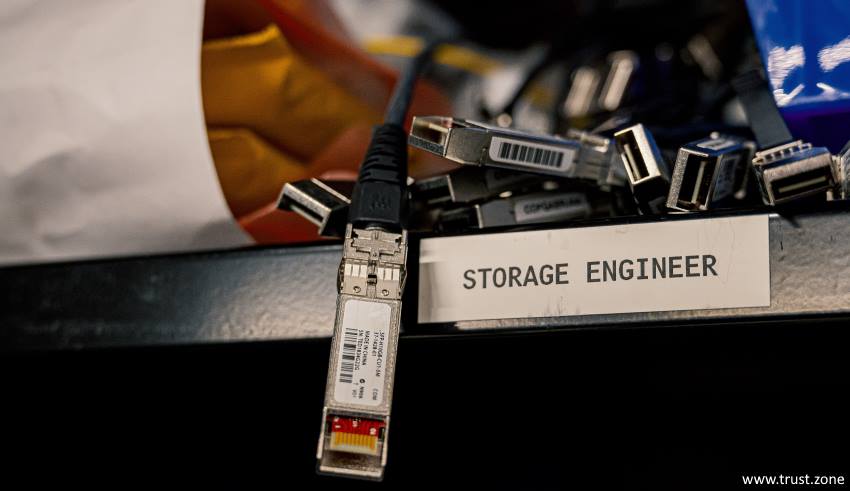Nowadays, virtual private networks (VPN) are primarily synonymous with added security when browsing the internet. However, it wasn’t like that years ago. Mostly, VPNs were used by companies and organizations to make it easier for remote workers and members to remotely access a local network as if they were connected within that same network. And that purpose is to eliminate the challenges of performing workarounds to make things work for people working remotely. Now, VPNs have been popular with regular consumers, and internet surfers to access region-locked content, bypass local internet service provider regulations and restrictions, and even securely encrypt their data over the internet. And the latter has become one of most VPN providers' primary selling points.
Unfortunately, not all people and companies find most VPN services satisfying regarding security. If you’re one of them, you might want to know the guaranteed practices to secure your VPN connection or find the best VPN service provider for you.

Unfortunately, not all VPN providers are trustworthy and secure. It’s not because they lack the technology or are not serious about security. It’s just some of them are based in countries with highly regulated internet policies and intrusive government mandates.
For example, according to a famous government whistleblower, most VPN service providers in the United States can’t escape the surveillance of the US government. And when the government asks a VPN company for the activity logs of one of its users, this company must comply—not to mention that there’s no guarantee that security organizations like the National Security Agency (NSA) can’t decrypt a local VPN provider’s encryption.
Get a VPN with strong encryption - AES-256 or Perfect forward secrecy (PFS). PFS is a technology wherein all recorded past sessions and communications become unretrievable or can’t be decrypted if passwords and secret keys become compromised or leaked. Users should prioritize a VPN service with this technology, or people with VPN servers should implement this.
With PFS in the VPN service, each connection or session will use different encryption. It prevents malicious individuals from decrypting other sessions with a single key they acquired. It is hugely important, especially in a financial institution that uses a VPN.
If you’re using a VPN for work or business to allow you or remote workers to access your private network remotely, it’s best practice to implement a zero-trust architecture. This architecture is highly restrictive to all its users and only operates in the principle that all will start with the lowest privilege.
Zero-trust architecture means that everything in the private network will be restricted for most users until someone manually gives them permission or access privilege to the resources or section of the network that they need to access. These sections, defined to be protected by the administration, are given ‘protect surfaces.’ They will require additional authentication before they can access it. And because of these measures, even attackers who gain access to the VPN can have difficulty scouring and scourging the private network.
Not all VPNs are created the same. Some have specific features and uses, while some have added premium functionalities. However, they’re often categorized into four types. And those types are the following:
Choosing the right type of VPN for you allows you to guarantee the level of security for you and your users.
Those are the guaranteed practices that can help you secure your VPN and have a better time accessing your private network and the internet more securely. There are other practices and methods out there since VPN software and providers are rich with features and functionalities that you can take advantage of.
James Johnson, or JJ as his close friends call him, is a tech writer for various news outlets and blogs. He primarily focuses on topics concerning business IT and cybersecurity. If not writing, he slowly works on his personal IT projects with the help of an IT outsourcing NYC company.